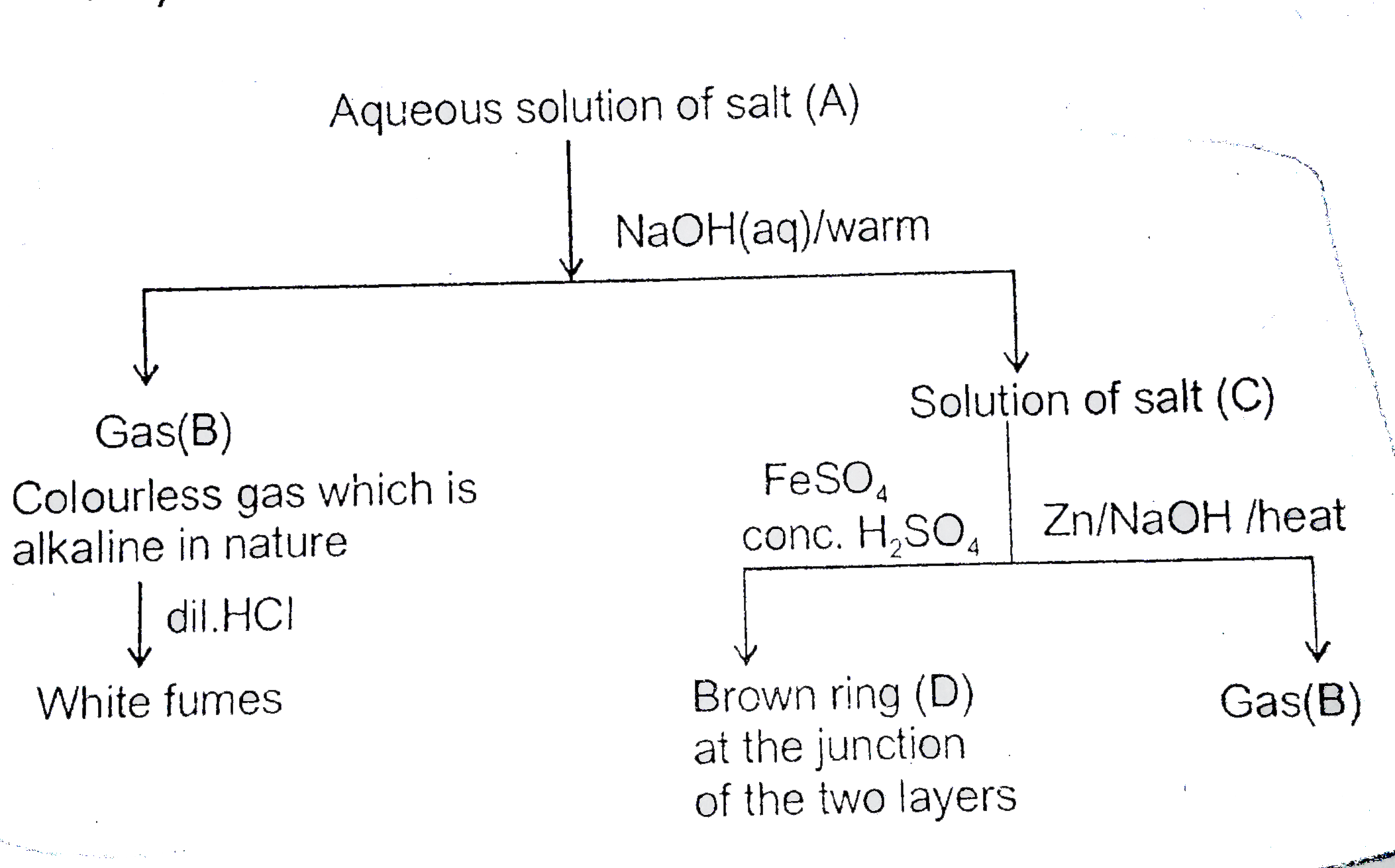Respiration differs from combustion in which of the following ?
Energy is released in respiration
Substance is oxidised
Enzymes are involved
All the above
The correct Answer is:C
To solve the question "Respiration differs from combustion in which of the following?", we can analyze the options provided:
1. Energy is released in respiration:
- In respiration, energy is indeed released in the form of ATP (adenosine triphosphate), which is utilized by living cells for various functions. In combustion, energy is released as heat. Therefore, while both processes release energy, this does not highlight a difference between them.
2. Substance is oxidized:
- Both respiration and combustion involve the oxidation of substances. In respiration, organic molecules (like glucose) are oxidized to produce energy, while in combustion, substances (like hydrocarbons) are also oxidized to release energy. Thus, this option does not indicate a difference.
3. Enzymes are involved:
- In cellular respiration, enzymes play a crucial role in facilitating the biochemical reactions that convert substrates into energy. On the other hand, combustion is a chemical reaction that occurs without the involvement of enzymes. This is a significant difference between the two processes.
4. All of the above:
- Since options 1 and 2 do not represent differences between respiration and combustion, this option cannot be correct.
Based on the analysis, the correct answer is that respiration differs from combustion in that enzymes are involved in respiration, while they are not involved in combustion.
Final Answer:
Respiration differs from combustion in that enzymes are involved in respiration.
- In respiration, energy is indeed released in the form of ATP (adenosine triphosphate), which is utilized by living cells for various functions. In combustion, energy is released as heat. Therefore, while both processes release energy, this does not highlight a difference between them.
- Both respiration and combustion involve the oxidation of substances. In respiration, organic molecules (like glucose) are oxidized to produce energy, while in combustion, substances (like hydrocarbons) are also oxidized to release energy. Thus, this option does not indicate a difference.
- In cellular respiration, enzymes play a crucial role in facilitating the biochemical reactions that convert substrates into energy. On the other hand, combustion is a chemical reaction that occurs without the involvement of enzymes. This is a significant difference between the two processes.
- Since options 1 and 2 do not represent differences between respiration and combustion, this option cannot be correct.
Respiration differs from combustion in that enzymes are involved in respiration.
Similar Questions
Respiration differs from the process of combustion in the fact that
View SolutionSubstrate level phosphorylation does not occur in which of the following reaction of aerobic respiration ?
View SolutionIn cellular respiration, from 180 g of glucose which of the following is formed ?
View SolutionIn aerobic respiration which of the following is a reactant
View SolutionCellcular respiration and Combustion
View SolutionRespiration is the physilogical process in which
View SolutionHow does aerobic respiration differ from anaerobic respiration ?
View Solution
Salt(A) on heating gives a colourless neutral gas which supports combustion.
From the aforesaid, flow diagram, answer the following questions.
Which of the following statement is correct ?
View SolutionWhich intermediate product is found in all three of the following process
(a) anaerobic respiration
(b) aerobic respiration
(c) photosynthesis
View SolutionWhich of the following respires by gills?
View Solution